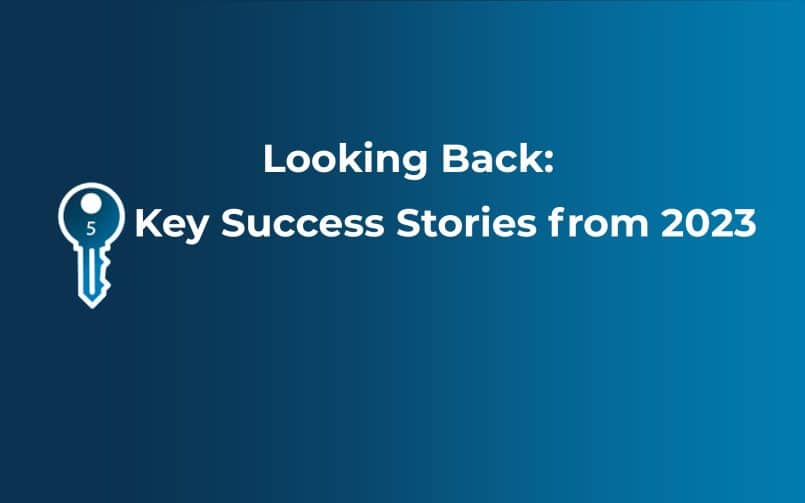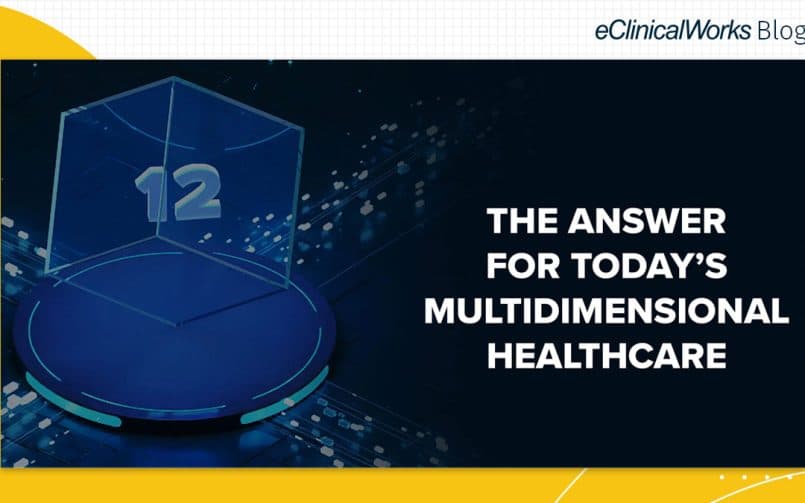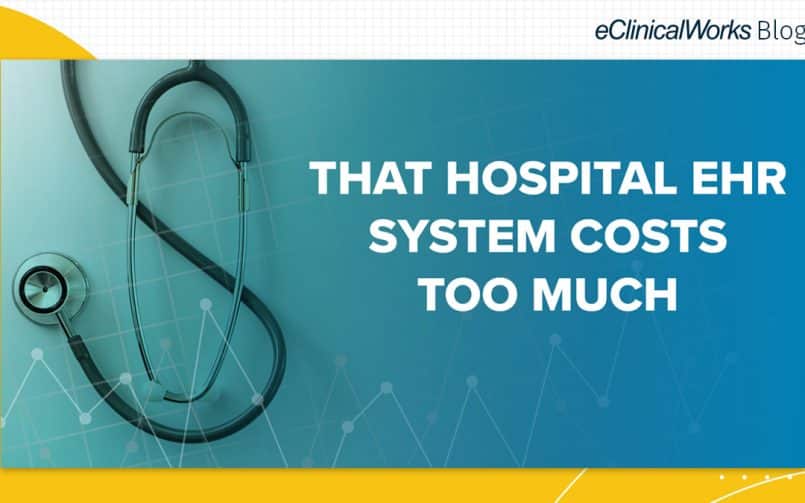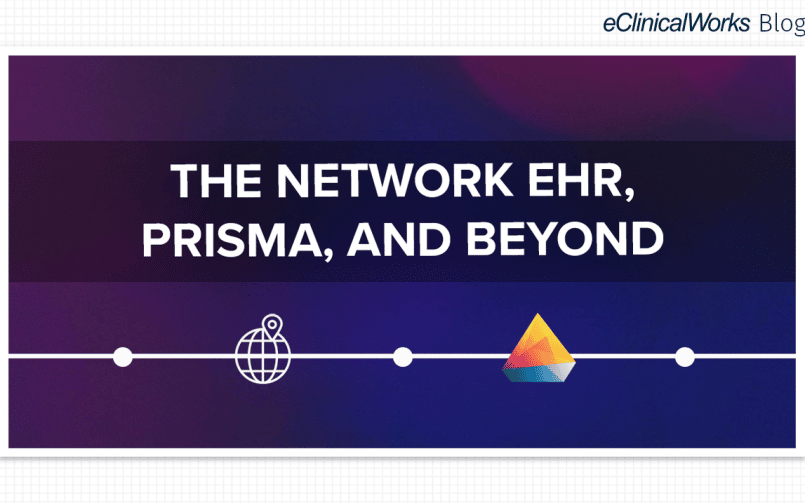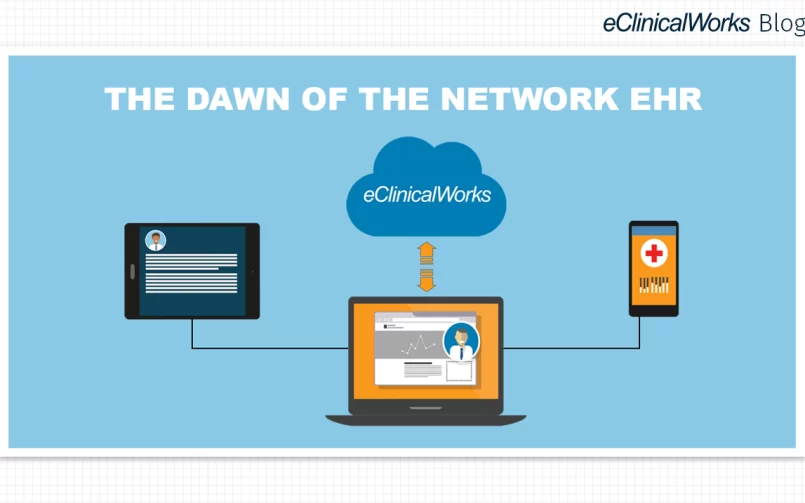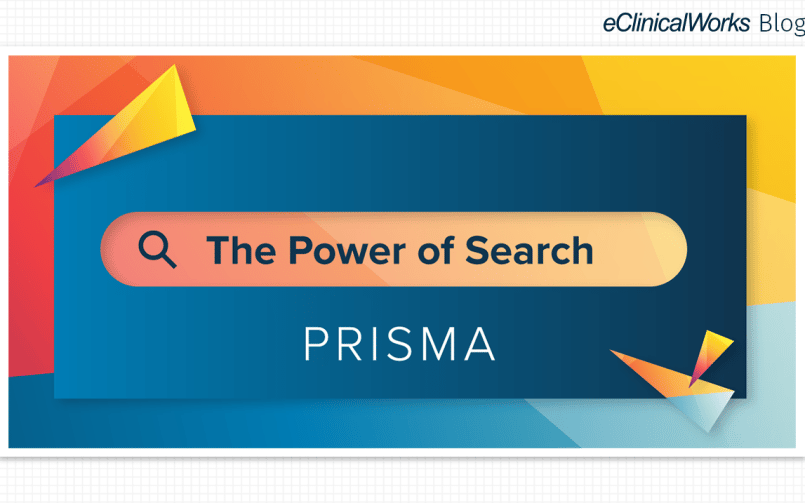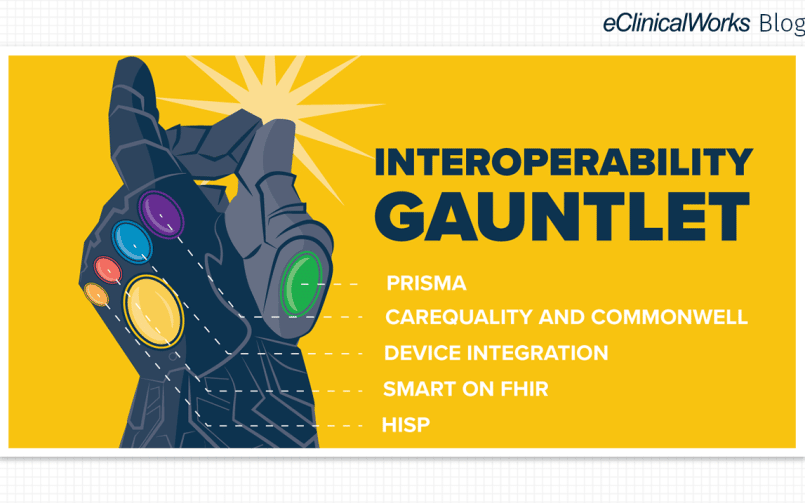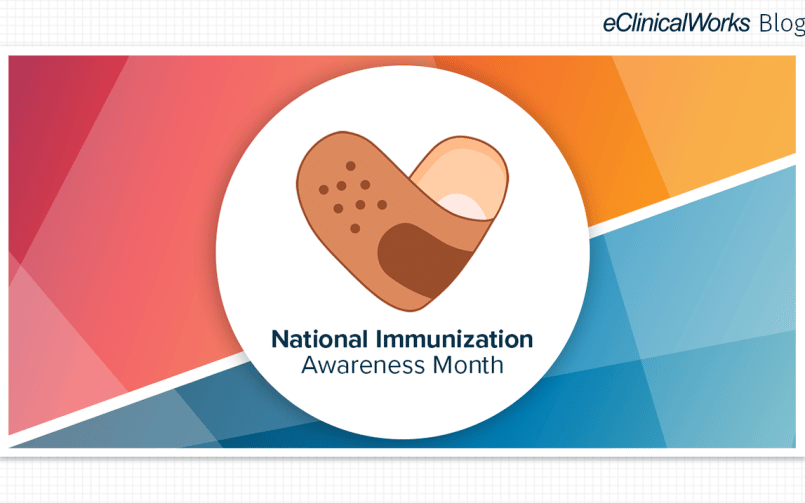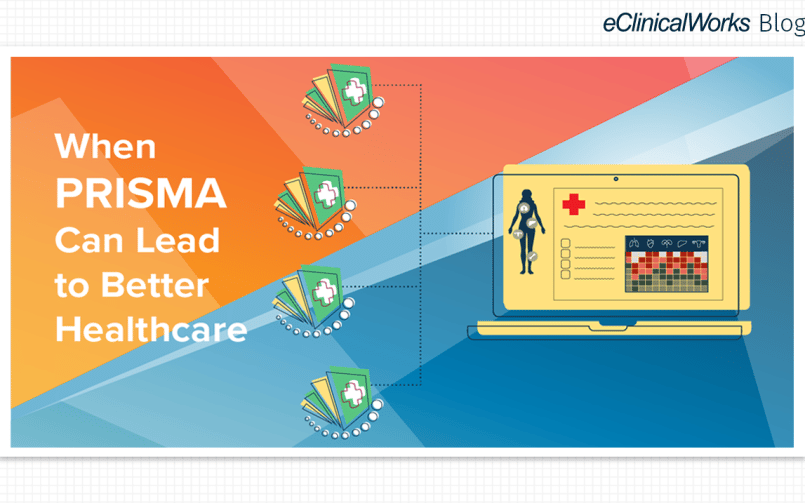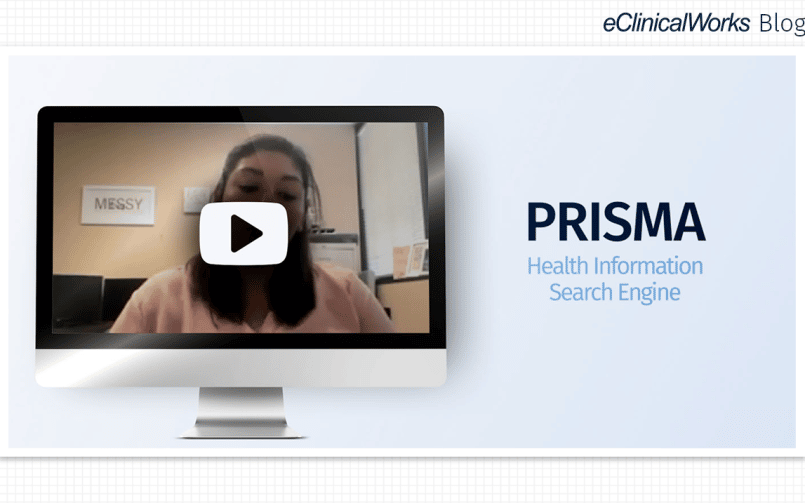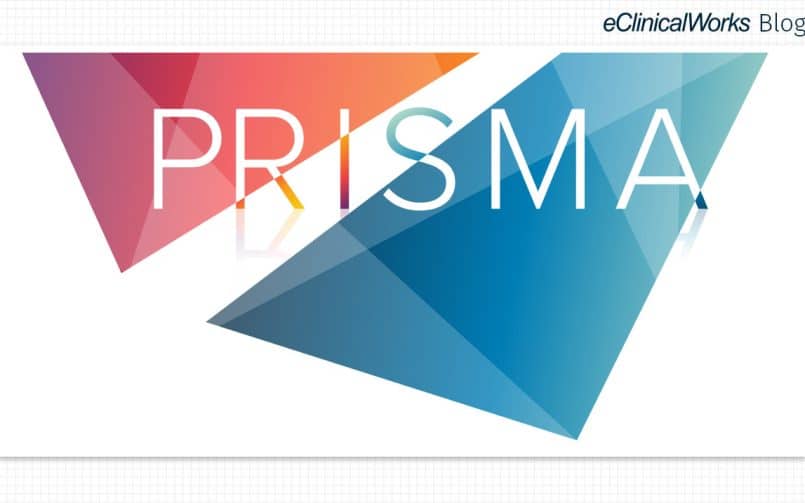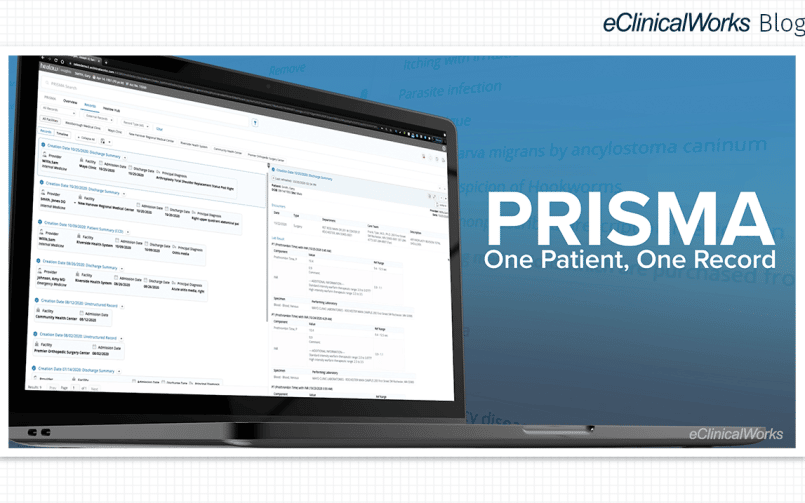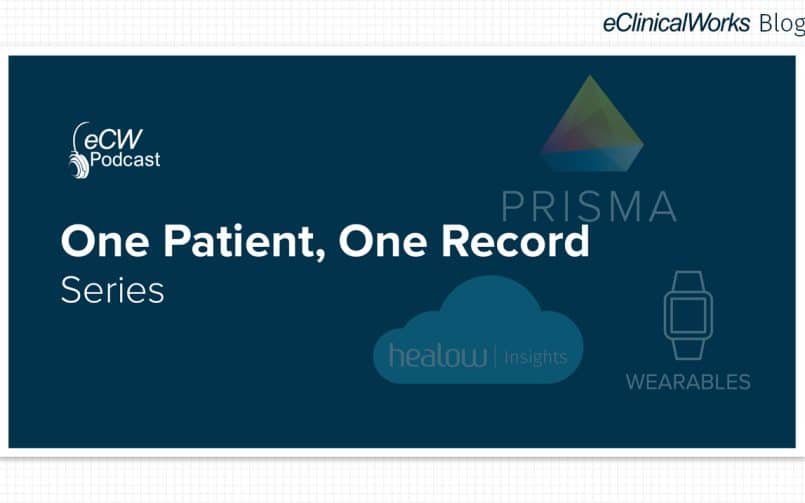eClinicalWorks Blog Details
- 3 February 2022
- Blog
How PRISMA Enhances Communication
eClinicalWorks
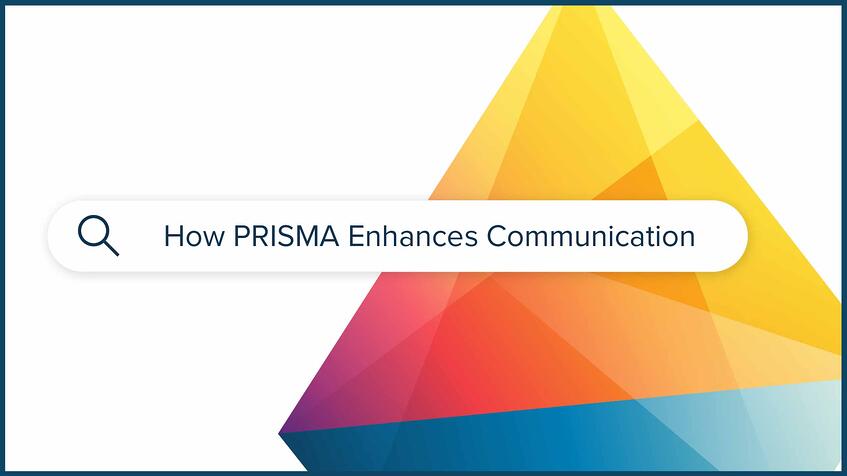
The importance of a common language
Delivering effective healthcare is about knowing your patients’ histories, making observations, and asking questions. Usually, provider and patient share a common language.
But sometimes, a bit of healthcare IT can help.
For La Clinica Camellia, an OB/GYN clinic that is part of Medicos Medical Center in Memphis, Tennessee, that help comes from PRISMA, the health information search engine from eClinicalWorks.®
Detecting and overcoming a disconnect
“One of our patient success stories with PRISMA involves a patient that had, according to her, a completely normal vaginal delivery there in the hospital,” said Gloria Bird, MSN, FNP-C, an advanced practice registered nurse. “This patient was actually speaking Chuj, which is a Mayan dialect. Her husband was translating for her while I was doing my assessment. So, when she came for her postpartum visit with her baby, I asked her, ‘Did you have any complications with your delivery?’ to which she responded, ‘No.’”
Bird noticed a disconnect between the woman’s condition — including anemia, fatigue, and tachycardia — and her claim of a normal delivery.
By using PRISMA, Bird learned that the patient had had a hemorrhage and transfusion in the hospital. That information helped guide her treatment.
When Spanish isn’t enough
“Since we are a family medicine practice, we follow up on our patients that we have sent to the emergency department,” said Nicholas Behymer, lead health services researcher at Medicos. “We also provide obstetrical services outside of the hospital. PRISMA allows our non-delivering positions to quickly access and find that information that’s going to be vital to patient care.”
Several Medicos staff, including Bird, are native Spanish speakers, but sometimes Spanish isn’t enough.
“A lot of our patients come from South American countries where they may speak a dialect,” Behymer noted. “So, Spanish may not even be their first language.”
Indeed, about 40% of Guatemala’s nearly 15 million people speak one or more of the country’s two dozen Mayan or indigenous languages.
“They look at me sometimes, and they answer something completely different from what I asked,” Bird said. “That’s when you can tell ‘Oh, she speaks dialect. She doesn’t understand what I’m saying.’”
PRISMA facilitates fast, personal connections
“What PRISMA allowed me to do was really connect the dots of how the patient was clinically presenting postpartum and what happened in the hospital,” Bird said. “It was very, very beneficial. I was able to treat her in the office and explain that some of her symptoms were normal, that she was anemic from the blood she had lost during delivery. I was able to say this is what happened, and this is our plan.”
“One of the features that we really do like about PRISMA is that there is a great search engine tool that allows us to quickly scan through patient records,” Behymer said. “We’ll have mothers that will come home from the hospital, and they may not know all of the laboratory tests or the results that happened in the hospital with their infants. PRISMA allows our providers to quickly look at records they might otherwise not have access to.”
To learn more about PRISMA, click below.


